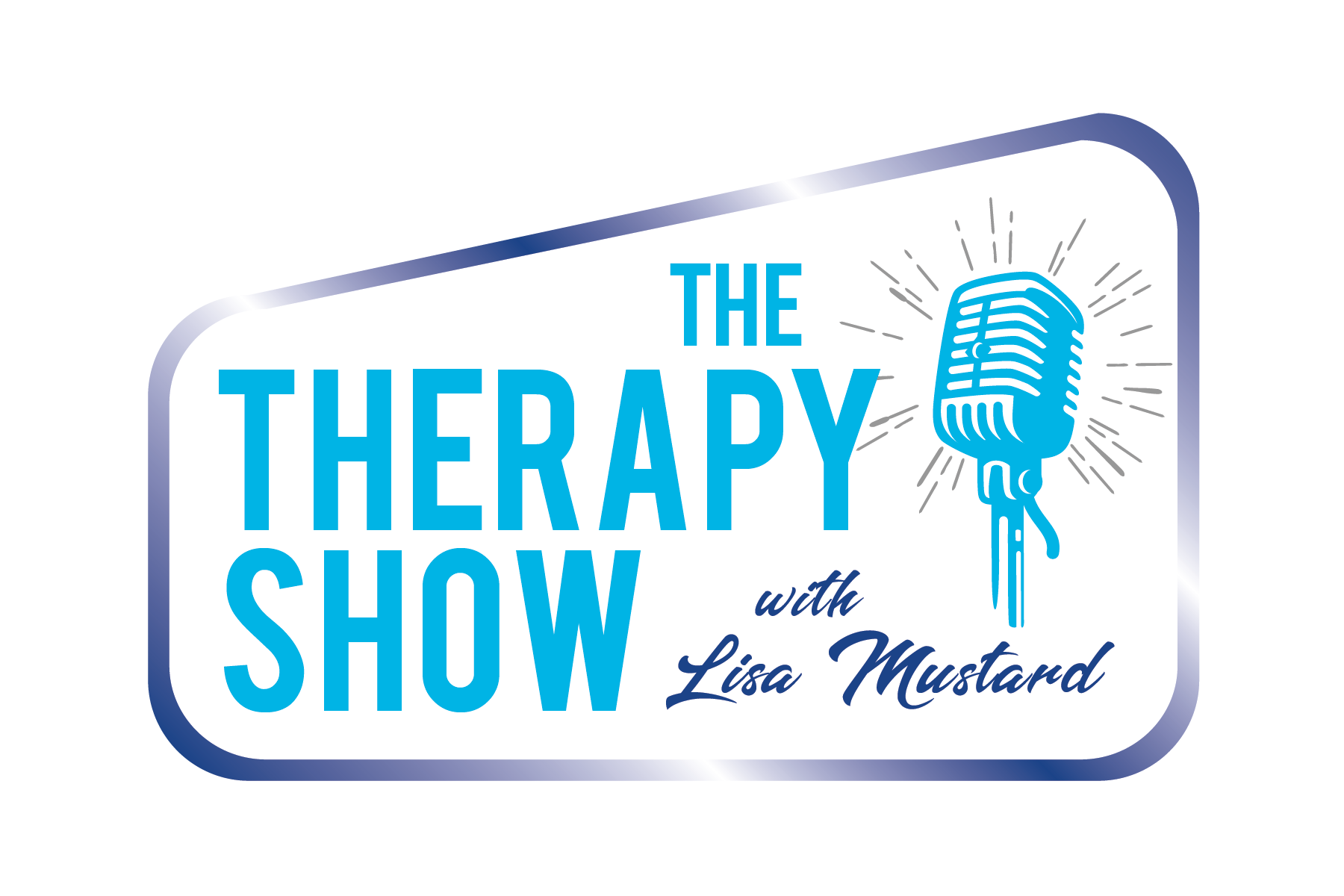Why Political Stress and Anxiety Feel So Personal and How to Handle It with Lisa Mustard
In this episode of The Therapy Show, I'm diving into a topic that's been coming up a lot lately — political stress and anxiety and why it feels so personal. I talk about how political events impact not just our thoughts but also our bodies and relationships, and why feeling overwhelmed, anxious, or even outraged by the news is completely normal. I also share practical ways to process these emotions so you can build resilience instead of burning out.
If this conversation speaks to you, I’ve created resources to help you go even deeper:
-
Coping with Political Stress eBook & Workbook: This 62-page guide is packed with reflection exercises, grounding practices, and strategies to help you manage media consumption and reconnect with your values. You can edit the ebook workbook with your branding and share with your clients.
-
Get Deep-Dive Therapist Conversation Framework (Printable PDF) Navigating Politics in Therapy Without Taking Sides: For my fellow therapists, this printable guide includes 97 essential questions to help you navigate political conversations in sessions with compassion and without taking sides.
If you are a therapist or counselor looking for continuing education, check out my NBCC Approved $5 Podcourses and other continuing education offerings. Plus, get your first Podcourse half off.
Support the Podcast, Buy Me a Coffee
Other Podcasts on Politics and Mental Health:
Is Politics Messing with Your Mental Health? – 5 Resilience Hacks You Need Now with Lisa Mustard
Powerful Tools to Handle the News Without Anxiety - Build Resilience and Stay Grounded
The content provided in this podcast is for informational and educational purposes only and is not intended to replace professional mental health care, diagnosis, or treatment. Always seek the advice of your own licensed mental health provider or medical professional regarding your specific situation.
While I am a licensed marriage and family therapist, and my guests are also professional counselors, the discussions in this podcast are meant to offer general insights and should not be taken as personalized therapeutic advice. Listening to this podcast does not establish a therapist-client relationship with me or any of my guests.
If you are experiencing a mental health crisis or have thoughts of harming yourself or others, please contact a mental health professional, call 911, or go to the nearest emergency room immediately. You can also reach out to a crisis hotline, such as the Suicide and Crisis Lifeline at 988 in the United States, for immediate support.
Every individual’s journey is unique, and what works for one person may not be suitable for another. Please use discretion and seek appropriate care as needed.
